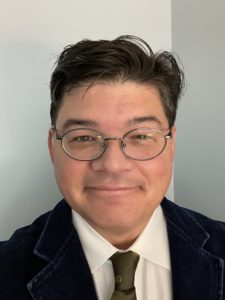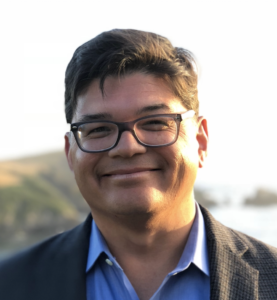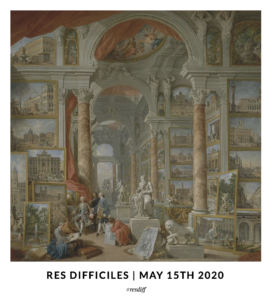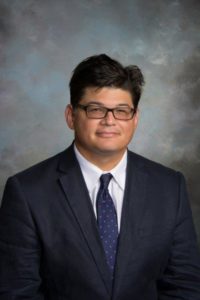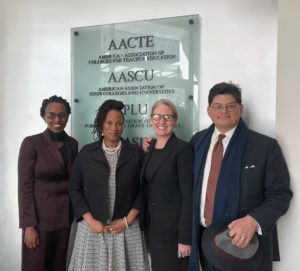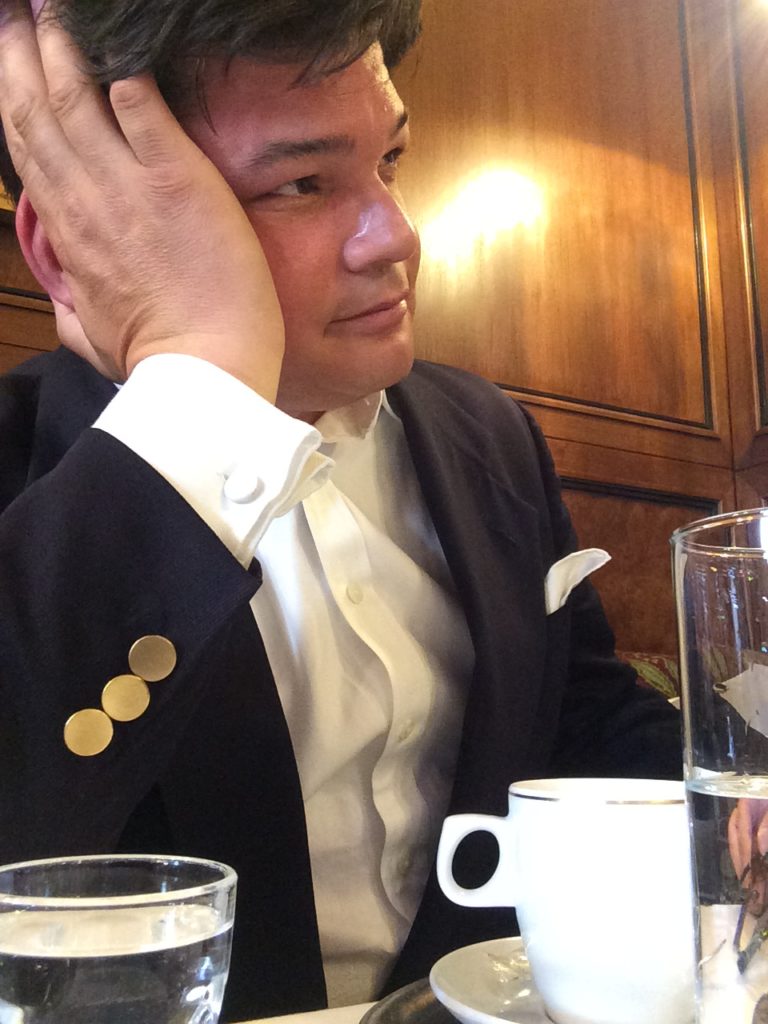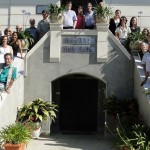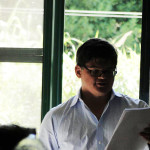
Professor of Classics, Philosophy and Religion Joseph Romero
Joseph Romero, who has served as professor and chair of UMW’s Department of Classics, Philosophy, and Religion has been selected as the next dean of Texas A&M University – Commerce’s College of Humanities, Social Sciences, and Arts. The selection follows a national search and is effective June 1, 2024. Read more.
